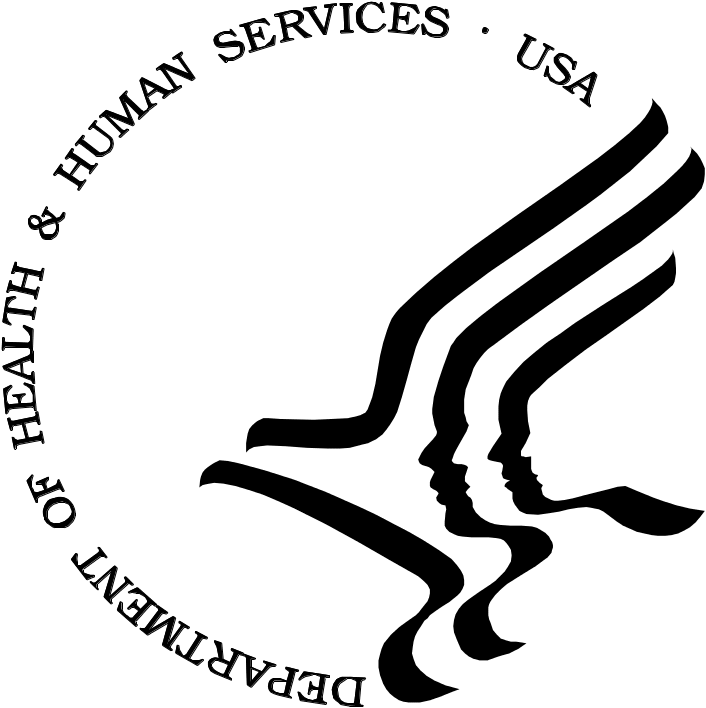Letter to OMB
QDRL OMB-10-day package Children's Mental Health Svs -letter -011008.doc
NCHS Questionnaire Design Research Laboratory
Letter to OMB
OMB: 0920-0222
 DEPARTMENT
OF HEALTH & HUMAN SERVICES Public
Health Service
DEPARTMENT
OF HEALTH & HUMAN SERVICES Public
Health Service
Centers for Disease Control and Prevention
 National
Center for Health Statistics
National
Center for Health Statistics
3311 Toledo Road
Hyattsville, Maryland 20782
January 9, 2008
Ms. Margo Schwab
Office of Management and Budget
725 17th Street, N.W.
Washington, DC 20503
Dear Ms. Schwab:
The staff of the NCHS Questionnaire Design Research Laboratory (QDRL) plans to conduct research to test and evaluate questions for the Children’s Mental Health Services Questionnaire for the National Health Interview Survey (NHIS) under (OMB No. 0920-0222, exp. 02/28/10). We propose to advertise for volunteer participants starting February 1, and to start testing as soon as possible after that.
Background Information about Cognitive Testing of Questionnaires
The methodological design of this proposed study is consistent with the design of typical cognitive testing research. The purpose of cognitive testing is not to obtain survey data, but rather to obtain information about the processes people use to answer survey questions as well as to identify any potential problems in the questions.
Data collection procedures for cognitive interviewing are quite different from survey interviewing. While survey interviewers strictly adhere to scripted questionnaires, cognitive interviewers use survey questions as starting points to begin a more detailed discussion of questions themselves: how participants interpret key concepts, their ability to recall the requested information, and the appropriateness of response categories. Because the interviews generate narrative responses rather than statistics, results are analyzed using qualitative methodologies. This type of in-depth analysis reveals problems in particular survey questions and, as a result, can help to improve the overall quality of surveys.
Proposed project: Testing and evaluation of Children’s Mental Health Services Questionnaire
The questions to be cognitively tested primarily focus on the use of services for children and youth with mental health problems. The goal of the questions is to capture information on the proportion of children and youth with mental health problems including serious emotional disturbances who receive help or treatment, whether the parent thinks help or treatment worked, and how help/treatment was paid for. Ultimately, the data will be used to provide information about the child and youth mental health service delivery system in the United States including people’s access to health care or disparities that may exist in the delivery of healthcare.
This project will conform to the usual QDRL procedures for cognitive testing of a questionnaire module.
We propose to recruit 30 parents (aged 18 and over) who have a child 4-17 years of age, through a combination of newspaper advertisements, flyers, children’s mental health services contacts provided by the staff of NHIS, and word-of-mouth. Flyers may be posted at children’s mental health services organizations, associations, self-help groups, etc. The recruitment mechanisms listed above will be used to recruit participants relevant to the questionnaire. The newspaper advertisement/flyer is shown in Attachment 1. Within these constraints, we hope to recruit participants with some demographic variety (particularly in terms of gender, education, race/ethnicity, and income).
Interviews will be conducted in the QDRL, or in a private room of a community-based organization.
With the consent of the participants, the interviews will be recorded on audio or videotape. Participants will be informed of taping procedures (including observation if applicable) in the process of reviewing the consent forms, and the equipment will be turned on once it is clear that the procedures are understood and agreed upon. Then the interviewer will conduct individual cognitive interviews with as many as 30 parents for 60 minutes each. The testing instrument is shown in Attachment 2. At the end of the interviews, participants will be paid and provided with copies of all papers they signed.
We propose paying participants $40, which is our standard payment. In total, for this project, the maximum respondent burden will be 30 hours of interviewing in addition to travel time. An updated burden table for this project is shown below:
-
Projects
Number of
Participants
Number of
Responses/
Participant
Average hours
per response
Response
burden
QDRL Interviews
1) NCHS Surveys
30
1
1
30
Attachments (2)
cc:
M. Moien
M. Daneshvar
S. Perryman
| File Type | application/msword |
| File Title | DEPARTMENT OF HEALTH & HUMAN SERVICES |
| Author | krs0 |
| Last Modified By | mxm3 |
| File Modified | 2008-01-10 |
| File Created | 2008-01-10 |
© 2026 OMB.report | Privacy Policy